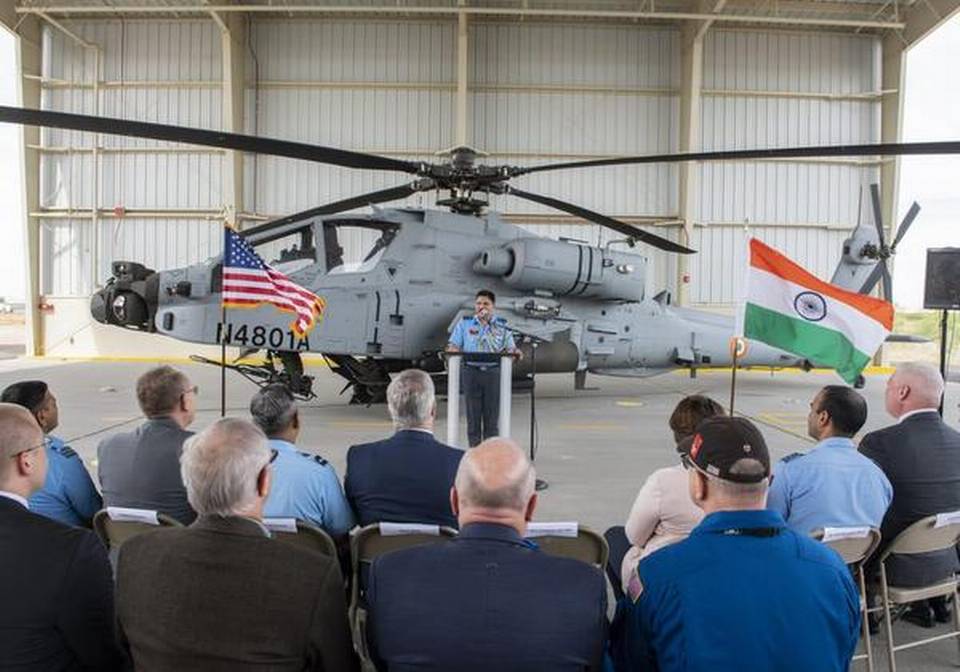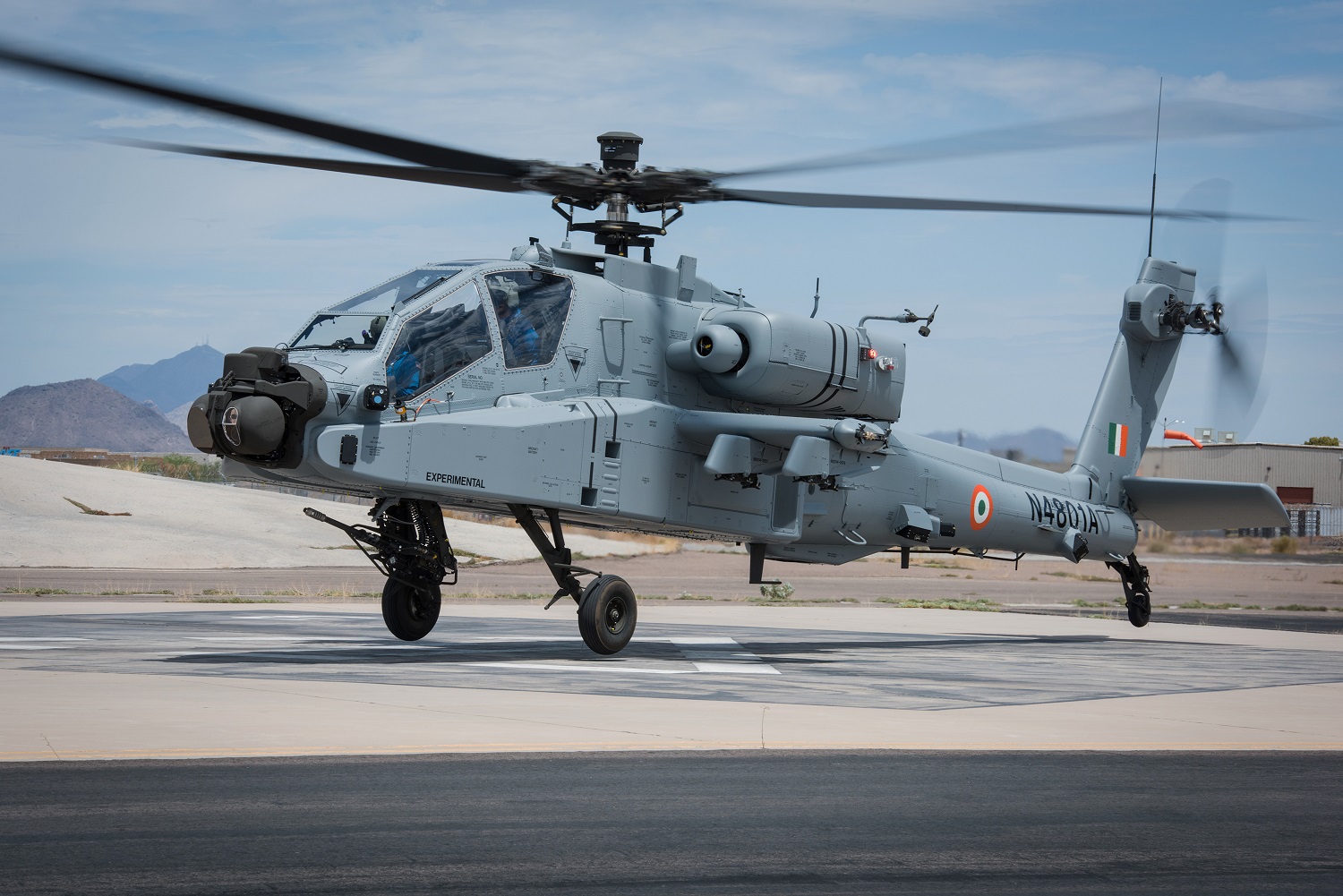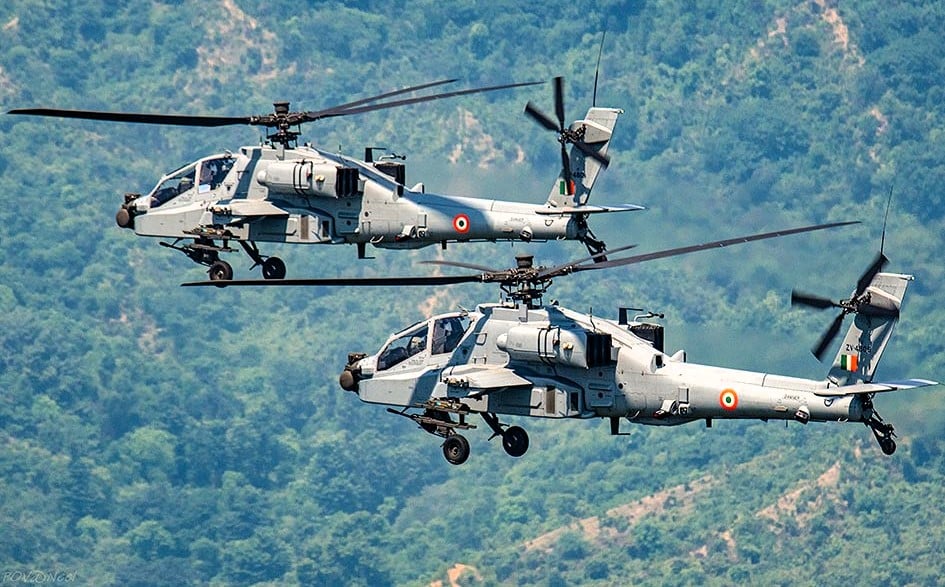
The Indian Army’s acquisition of the AH-64E Apache attack helicopters has encountered additional delays, further postponing the enhancement of its aerial combat capabilities. Initially scheduled for delivery between May and June 2024, the arrival of these advanced helicopters has been deferred multiple times, with the latest projections indicating a potential start of company flight trials by March 2025. However, analysts caution that this timeline may extend into the summer months.

Factors Contributing to the Delay
Several factors contribute to the delays in delivering the AH-64E Apaches to India.
Technical Issues:
Investigations into recent U.S. Army Apache crashes have identified potential problems with the helicopter’s electrical power generator. These issues could lead to hazardous smoke accumulation in the cockpit, posing significant risks to pilots. As a result, Boeing has paused deliveries to address these safety concerns.
Global Supply Chain Disruptions:
The defense manufacturing sector is grappling with supply chain challenges, leading to delays in the production and delivery of Helicopters require critical components. This has further compounded the postponements.
Strategic Importance of the AH-64E Apache
The AH-64E Apache is renowned for its advanced combat capabilities, making it a valuable asset for modern military forces:
Armament:
Equipped with a 30 mm M230 Chain Gun, Hydra 70 mm rockets, AGM-114 Hellfire missiles, and AIM-92 Stinger missiles, the Apache can effectively engage various targets.
Advanced Systems:
The helicopter features the Longbow Fire Control Radar, which allows for target detection and engagement in diverse conditions. Its avionics suite includes multi-purpose colour displays and a hands-on collective and stick control system, enhancing pilot efficiency.
Structural Enhancements:
An all-composite rotor blade increases the helicopter’s hover capability and extends the fatigue life of the blades, contributing to improved performance and durability.

Impact on the Indian Army
The repeated delays in the delivery of the AH-64E Apaches have had major consequences for the Indian Army:
Operational Readiness:
The postponements hinder the Army’s plans to bolster its air assault capabilities, particularly in regions requiring enhanced close-air support.
Training and Maintenance:
Despite the absence of the helicopters, preparations continue. Boeing has trained Indian Army pilots and technicians in the United States to ensure they are ready to operate and maintain the Apaches upon arrival.
Conclusion
The Indian Army‘s pursuit of Apache AH-64E attack helicopters underscores its commitment to modernising its military assets. However, ongoing technical challenges and global supply chain disruptions have led to significant delays in the delivery schedule. Addressing this issue is crucial for enhancing India’s defense capabilities and maintaining operational readiness.
References
- Bulgarian Military – https://bulgarianmilitary.com
- Pakistan Defence Forum (Facebook Group) – https://www.facebook.com/groups/pakistandefenseforum
- Military.com – https://www.military.com
- India urgently acquiring drones and air defence systems after Operation Sindoor Debacle
- India wants 40 more Rafale fighters to ward off rivals.







